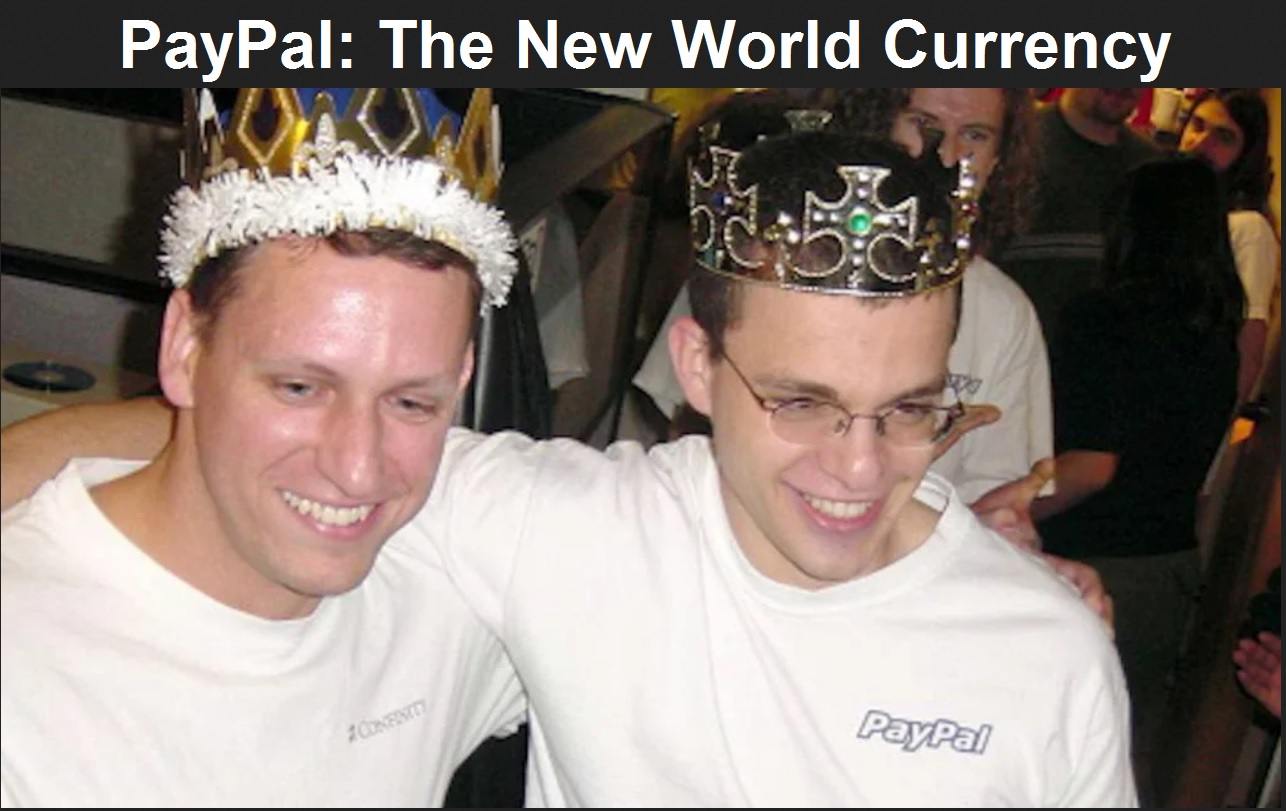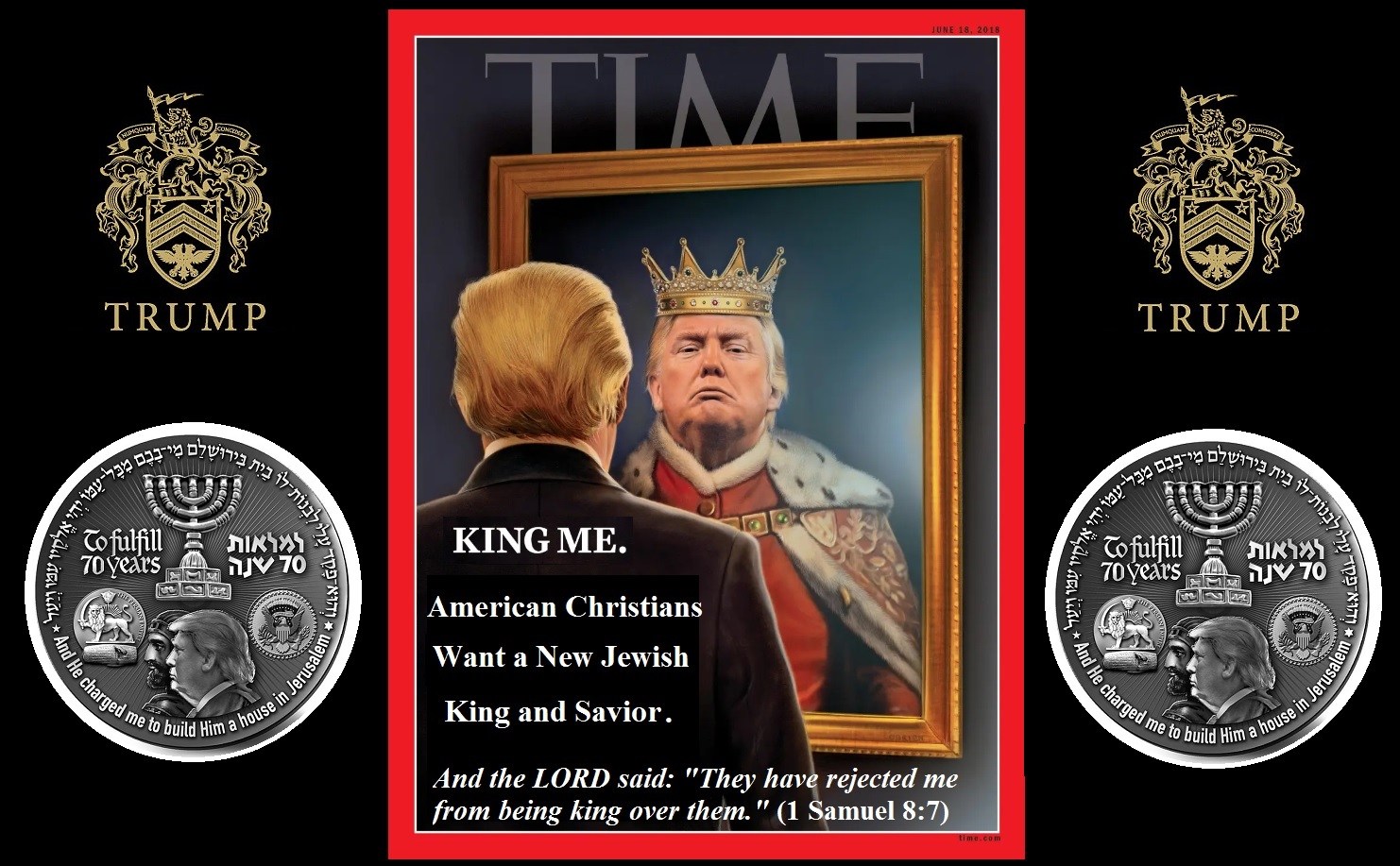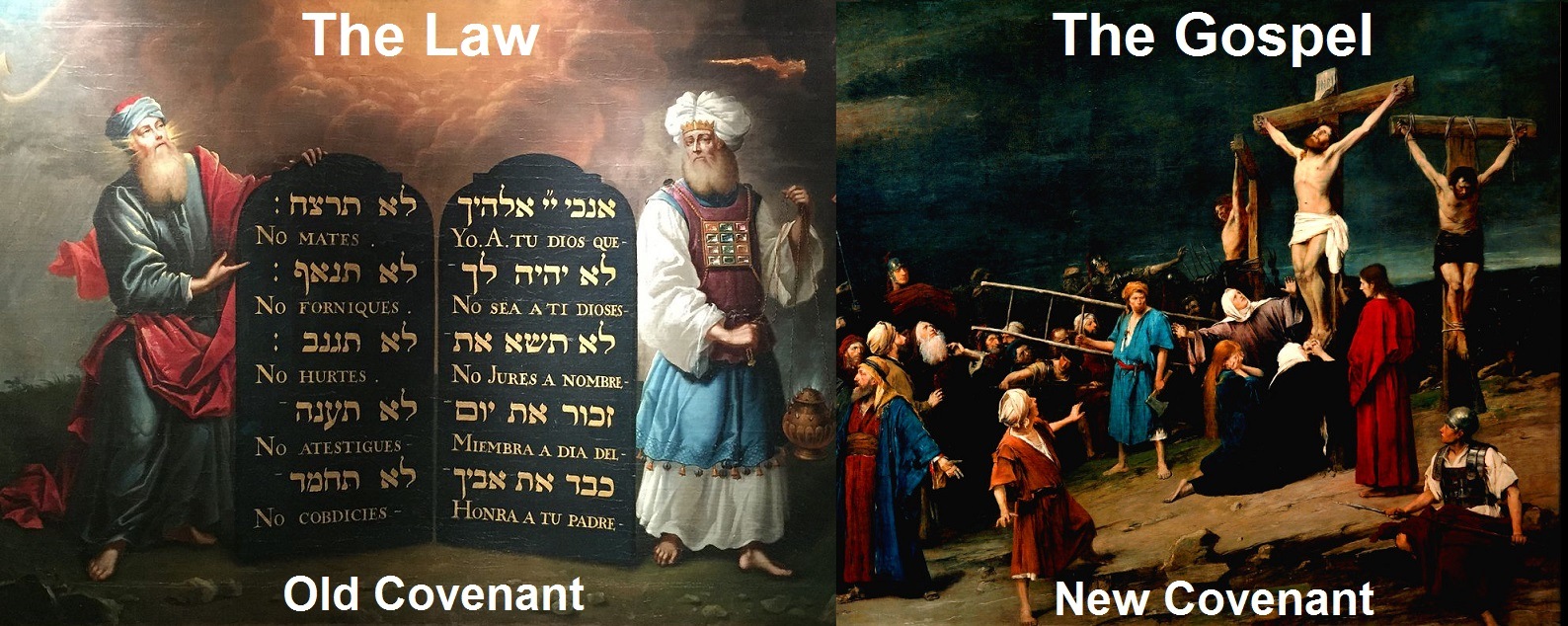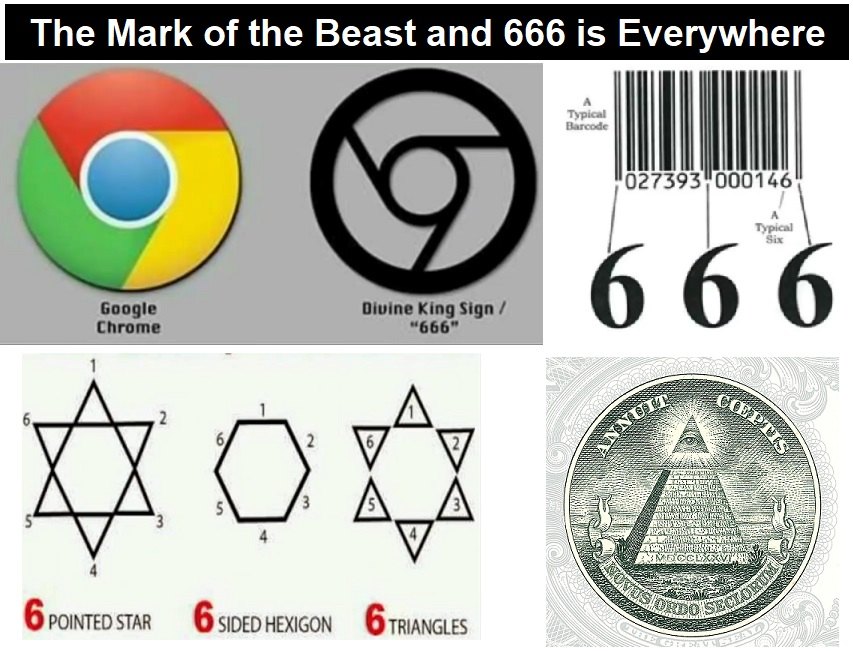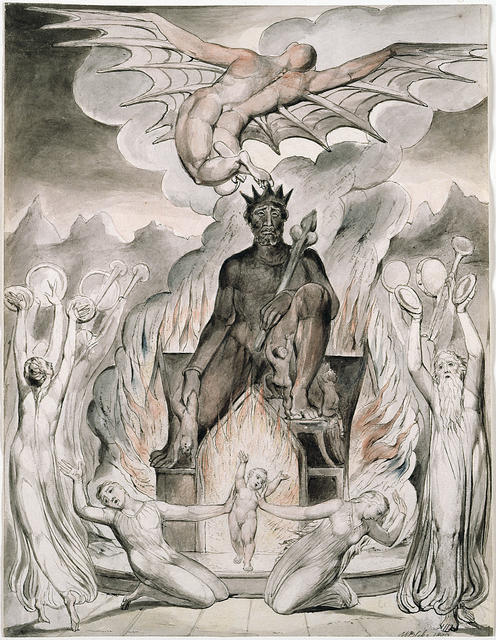
by Brian Shilhavy
Editor, Health Impact News
In a report covered in the corporate news this week, but not in the alternative media that I have seen so far, Elon Musk has predicted that there will be a stock market crash with “hardship” and “economic turmoil” after the elections, even if Trump wins.
Elon Musk predicts ‘hardship,’ economic turmoil and a stock-market crash if Trump wins
Musk’s shocking austerity message is an unusual one to send voters a week before what is likely to be a close election
The word “bombshell” has been so grossly overused for so long that it is guaranteed to make anyone’s eyes roll. But what other word fits?
With just a week until the presidential election, Donald Trump’s close ally and major economic adviser Elon Musk is warning supporters to expect economic chaos, a crashing stock market and financial “hardship” — albeit “temporary” — if Trump wins.
It sounds so extreme that Trump fans must either wonder why he had been so foolish as to say the silent part out loud, or maybe hope that the whole story is made up — “fake news.”
But it’s very real.
Billionaire Musk, Trump’s would-be budget-cutting and government-efficiency czar, also says there will be “no special cases” and “no exceptions” when he starts slashing federal spending after Trump takes office.
And he predicts he will need “a lot of security” personally because of the likely reaction to his policy moves.
Speaking Tuesday on a “telephone town hall” with supporters, Musk promised deep federal budget cuts, austerity and economic pain ahead in a new Trump administration.
“We have to reduce spending to live within our means,” Musk said. “That necessarily involves some temporary hardship, but it will ensure long-term prosperity.”
Describing government spending as “a room full of targets,” Musk said: “Like, you can’t miss. Fire in any direction, and you’re going to hit a target.”
He said, “I think once the election takes place we’ll immediately begin looking at where to take the most immediate action.”
And, he added, “obviously a lot of people who are taking advantage of the government are going to be upset about that. I’ll probably need a lot of security.”
“Everyone,” he said, will be taking a “haircut.”
Yikes.
Trump has already said he wants Musk to head up a commission on government efficiency. Trump says the billionaire tech entrepreneur would be his “Secretary of Budget-Cutting,” implying a possible cabinet position.
Musk himself has described his prospective role as running a “Department of Government Efficiency,” though he admits the title is an inside joke — the acronym spells DOGE, the name of a cryptocurrency he has referenced often over the years.
Musk’s shocking austerity message is an unusual one to send voters a week before what is likely to be a close election. (Full article.)
Musk has invested heavily in the Bitcoin rival, Dogecoin, recently, even suggesting that Tesla could start taking payments in Dogecoin earlier this year.
Dogecoin started out as a joke when it was created, but it is no joke today with Musk’s backing.
Tesla Inc. CEO Elon Musk has long been a proponent of Dogecoin (DOGE), first posting about the project in 2019, saying, “Dogecoin might be my fav cryptocurrency. It’s pretty cool.”
At the time, the project was still relatively unknown, so it took a handful of other posts and a larger crypto bull market for DOGE to truly take off.
The token went viral, creating millionaires and making waves in the press. In 2021, the token reached an all-time high of $0.7376. While it sold off after that, it is starting to see a resurgence in 2024.
This resurgence was fueled by comments Musk made earlier this week. The Tesla CEO was visiting the Berlin gigafactory, which recently reopened after an arson attack. During a Q&A, someone in the audience asked Musk when they could buy a Tesla with Dogecoin.
“At some point I think we should enable that,” Musk said. Musk then repeated the DOGE catchphrase “Dogecoin to the moon,” which raised a cheer from the crowd.
Musk also went into detail about why he began supporting and endorsing DOGE in the first place.
“The reason I ended up sort of endorsing Dogecoin is that when I was walking around the factory at Tesla, some people asked me to support Doge,” he said. “Then, at SpaceX, some regular guys said, ‘Can you support Doge?’ and I was like, ‘Doge is the people’s crypto, so I will support it.'” (Source.)
When Elon Musk mentioned Dogecoin at the Trump Madison Square Garden rally last week, and linked it to the acronym of his alleged new position in a Trump administration (Department Of Government Efficiency), the value of Dogecoin soared.
Dogecoin enjoys bump after Elon Musk boosts the crypto at Trump rally
Tesla CEO Elon Musk’s campaign rallies endorsing Donald Trump appear to be boosting several meme coins, including Dogecoin, the world’s eighth-largest cryptocurrency.
For example, Musk’s decision to speak about D.O.G.E. – the Department of Government Efficiency, which does not yet exist – at a rally for Trump in New York City’s Madison Square Garden sent the price of the popular meme coin Dogecoin soaring.
In the past 24 hours, Dogecoin has emerged as one of the globe’s best-performing digital assets, enjoying a nearly 15% boost, according to CoinGecko.
Dogecoin has also seen nearly $4 billion in trades in the last 24 hours, representing an almost 40% growth in daily trading volumes, according to CoinMarketCap.
If Trump wins reelection, Musk is likely to be appointed to a cabinet role at the proposed efficiency department, which has been humorously shortened to D.O.G.E. by the billionaire, in an allusion to Musk’s apparent favorite cryptocurrency, Dogecoin. (Source.)
Is the Upcoming Civil War Going to be a War Between Wall Street Bankers and Silicon Valley Billionaires?
When the richest man in the world, who is giving away a million dollars a day to purchase votes for Donald Trump, states publicly that the stock market is going to crash and that chaos is going to follow, even if his guy wins, this is no longer a “conspiracy theory”, but a very real possibility for the immediate future.
And when Musk talks about cutting government regulations, he is most likely talking about traditional banks, and his desire to have Fintech take over the financial system.
Pam Marten of Wall Street on Parade exposed this apparent conflict between Big Tech and Wall Street bankers recently.
Could Big Tech Own Federally-Insured Banks? Here Are the Dangers
The risk of Big Tech firms like Alphabet (Google), Amazon, Apple, Meta (Facebook), and Microsoft getting an entrée into the federally-insured banking system by being allowed to buy or create a federally-insured industrial bank has raised alarm bells among three nonprofit watchdogs and the law professor who, literally, wrote the book on the mushrooming systemic risks in the U.S. banking system.
Arthur E. Wilmarth, Jr., Professor Emeritus of Law at George Washington University Law School, joined with the Consumer Federation of America, Americans for Financial Reform Education Fund, and the Center for Responsible Lending, to file an 18-page letter last Friday with the Federal Deposit Insurance Corporation (FDIC).
Friday’s letter was in response to the FDIC’s proposal to improve oversight of so-called “industrial banks,” which are allowed to skirt the Congressional mandate that prohibits the mixing of banking and commerce. From 2006 to 2020, the FDIC had imposed a moratorium on new approvals of industrial banks. That moratorium was lifted in 2020 (under Trump).
The letter reminds the FDIC of the recent history of emergency bailouts to the corporate parents of industrial banks, writing:
“Several large corporate owners of industrial banks failed or were rescued by the federal government during the global financial crisis of 2007-09, and the total number of industrial banks fell from 58 in 2007 to 23 today.
Four very large corporate owners of industrial banks—General Motors Acceptance Corp. (GMAC), Merrill Lynch, Goldman Sachs, and Morgan Stanley—received huge bailouts from the federal government to prevent their failures.
A fifth major industrial bank owner—GE Capital—encountered very serious liquidity problems during the crisis and received extensive financial assistance from federal agencies.
A sixth corporate industrial bank owner—CIT Group—failed in 2009, thereby wiping out $2.3 billion of taxpayer-funded assistance that CIT received from the federal government’s Troubled Asset Relief Program (TARP)….”
Big Tech already possesses vast, Orwellian profiles of consumers. The letter captures the threat of combining that with banking as follows:
“Acquisitions of industrial banks by Big Tech firms would present a wide array of public policy issues, including concerns about unfair competition, exploitation of customer financial data, violations of customer privacy, and systemic risks resulting from ownership of FDIC-insured banks by giant technology firms.
The combination of Big Tech companies’ massive datasets of consumer preferences and purchases with the extensive consumer financial information compiled by FDIC-insured industrial banks would greatly expand the reach of Big Tech firms into consumers’ finances by giving them greater insight into household income and spending patterns and would allow the combined firms to more fully exploit such data for commercial purposes while undermining consumer privacy.
Further, Big Tech firms could condition or preference access by consumers and merchants to their digital commercial platforms or rewards programs on the willingness of those customers to use the financial services of their captive or shell industrial banks.
Allowing a Big Tech firm to link its commercial platform with an industrial bank would allow the Big Tech firm to combine customer and merchant data to set bespoke, higher prices on transactions in the form of first-degree price discrimination that would benefit the platform while extracting unfair surplus value from consumers and merchants.
The BHC Act [Bank Holding Company Act] prohibits banks from processing, storing, or sharing data that is not ‘financial, banking, or economic’ if that nonbanking data processing, storing, and transmission revenues exceed 49 percent of the bank’s total revenues, which would likely be the case with Big Tech shell or captive industrial banks.”
The letter’s authors also foresee a competition war breaking out between Wall Street’s megabanks and Big Tech’s banks should the separation walls be removed between commerce and banking. (Full article.)
Also published this week was the fourth and final piece of a series of articles written by Mark Goodwin and Whitney Webb called “The Chain series“.
This is the description of the first three articles in this series that they published:
The first, The Chain of Custody, examined the construction of novel custodial infrastructure to enable the secure holding of billions of dollars worth of digital assets after the proliferation of Bitcoin as a new financial class.
The second, The Chain of Issuance, investigated the primordial roots of digital payments fortifying data brokers and information bankers within the global surveillance network.
It also noted how stablecoin issuers are the modern day analogue to the influence that the major infrastructural titans of the Industrial Age had on the formation of The Federal Reserve in the first half of the 20th century.
The third, The Chain of Consensus, focused on the currency speculators and intelligence-connected developers behind the monetary policy and consensus infrastructure of privately-issued money and the blockchain revolution during the infancy of the Deflationary Age brought about by Bitcoin and the subsequent, dollarized iterations of its underlying database technology.
The article they just published this week is titled:
The Chain Of Command: How Facebook’s Libra, Bank Regulators, and PayPal Built A New World Currency
This is a fascinating and must-read article about the history of Big Tech’s efforts to use cryptocurrency to create a “New World Currency”, which they conclude will most likely be PayPal, led by Peter Thiel.
Two companies closely tied to Peter Thiel – PayPal and Facebook – have embarked on apparently unsuccessful efforts to create a “new world currency.”
Yet, upon further examination, those efforts have actually been wildly successful and many recent events of significant in finance – including but not limited to the 2023 banking crisis – have arguably been orchestrated to facilitate the vision of Thiel and his early allies and the creation of a new paradigm for currency, one where privately issued money meets surveillance. (Full article.)
Their coverage of the banking crisis last year with the take down of some of Silicon Valley’s largest banks, is especially enlightening, showing how large Wall Street hedge funds played a roll, such as George Soros’ Soros Fund Management.
On March 7, Block.one, by then known as Bullish Global, liquidated its Silvergate position after expressing concerns about the bank’s inability to file its 10-K and the bank’s announcement of the shut down of SEN, revealing it had “no exposure to Silvergate.”
The next day, March 8, Silvergate shut down operations after a voluntary liquidation to federal regulators. Certainly, a voluntary liquidation is an unusual happening in the banking industry, and thus there has been much speculation as to why Silvergate would do such, including a well-researched piece from Pirate Wires suggesting that the Biden administration’s regulators used “an informal mandate” which limited “crypto deposits at 15 percent” to bring the bank down.
While the exact reason why the bank shuttered will likely never see the light of day, there were certainly firms that benefited from the voluntary liquidation. On March 23, MicroStrategy announced they were able to repay their loan early due to the bank’s closure “without prepayment fees” and at a “21% discount,” paying only $161 million of the $200 million owed.
On March 8, the day the bank was closed, Marathon Digital, which had opened a $200 million line of credit from Silvergate, announced they had halted its credit facilities, helping remove nearly $50 million in debt and save around $5 million in annual borrowing costs.
A month before the bank liquidated, on February 14, Yahoo! reported that George Soros’ Soros Fund Management, in addition to its sizable investments in Marathon and MicroStrategy, had placed “100,000 shares worth of put options” via a short position on the soon-to-be-shutdown Silvergate.
Short sellers during the regional banking crisis made over $3.5 billion in mark-to-market profits in March 2023 alone, with Silicon Valley Bank and Signature Bank – the second- and third-largest bank failures respectively in U.S. history – having been in the top 20 most-shorted regional bank stocks, according to reporting from Yahoo!. (Full article.)
Conclusion: Be Prepared and RESIST!
None of these predictions about the future, including the near-term future next week with the elections, is for certain, and we are most certainly NOT helpless.
As I have previously written, there is one thing that is needed for any financial system to work, and it is the largest component, which is YOU, the consumer, who spends the money.
Even Musk’s prediction is not certain, because Trump has become rich as a Wall Street Billionaire and probably knows next to nothing about Cryptocurrency, and could easily just be playing around with Musk to gain more votes, and be just as likely to side with the Wall Street bankers and Fund Managers than he is to side with the Silicon Valley billionaires and Fintech, should he actually get back into the White House.
As I have recently written, cold, hard cash on hand might be your best option for the immediate future, where we could easily see some kind of “cyber pandemic” that has been predicted for about 3 years now, where ATMs won’t work, and neither will credit cards.
CASH is Gold, Gold is Risky
Don’t get caught up in the hateful rhetoric that is coming from both sides in this election. If chaos is coming, especially if it is from a power grid or Internet failure, or from actual bombs falling in your community, EVERYONE will be suffering just the same, regardless of their political affiliation.
Take the advice from the apostle Peter, who was also writing just before chaos started, with the destruction of Jerusalem and the end of the age he was living in.
The end of all things is near. Therefore be clear minded and self-controlled so that you can pray.
Above all, love each other deeply, because love covers over a multitude of sins. Offer hospitality to one another without grumbling.
Each one should use whatever gift he has received to serve others, faithfully administering God’s grace in its various forms.
If anyone speaks, he should do it as one speaking the very words of God.
If anyone serves, he should do it with the strength God provides, so that in all things God may be praised through Jesus Christ. To him be the glory and the power for ever and ever. Amen. (1 Peter 4:7-11)
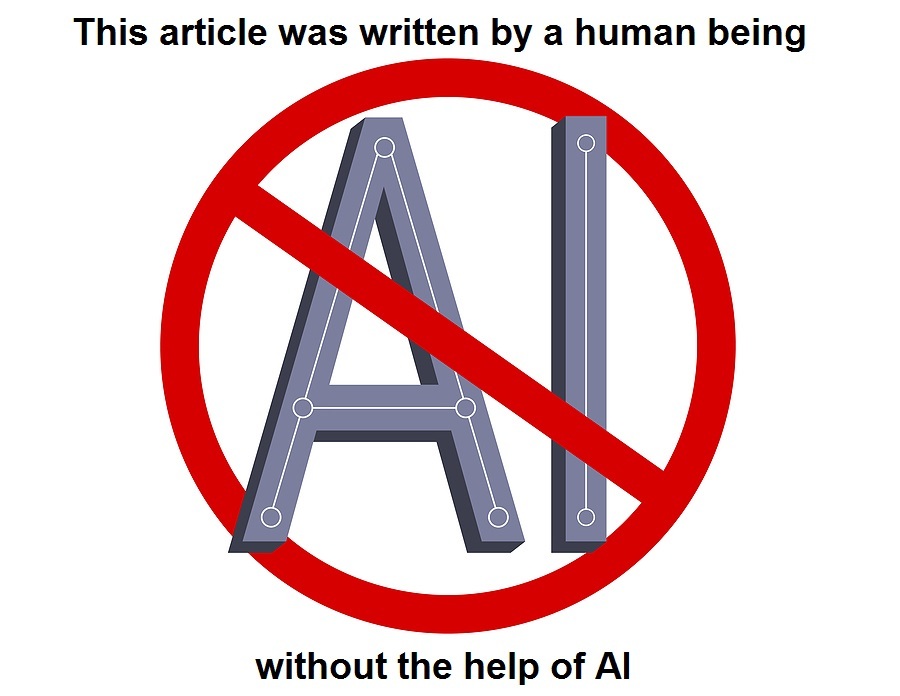
See Also:
Understand the Times We are Currently Living Through
American Christians Want a New Jewish King to Become Slaves Instead of Serving Jesus Christ in Freedom
Where is Your Citizenship Registered?
American Christians are Biblically Illiterate Not Understanding the Difference Between The Old Covenant vs. The New Covenant
Exposing the Christian Zionism Cult
Jesus Would be Labeled as “Antisemitic” Today Because He Attacked the Jews and Warned His Followers About Their Evil Ways
Insider Exposes Freemasonry as the World’s Oldest Secret Religion and the Luciferian Plans for The New World Order
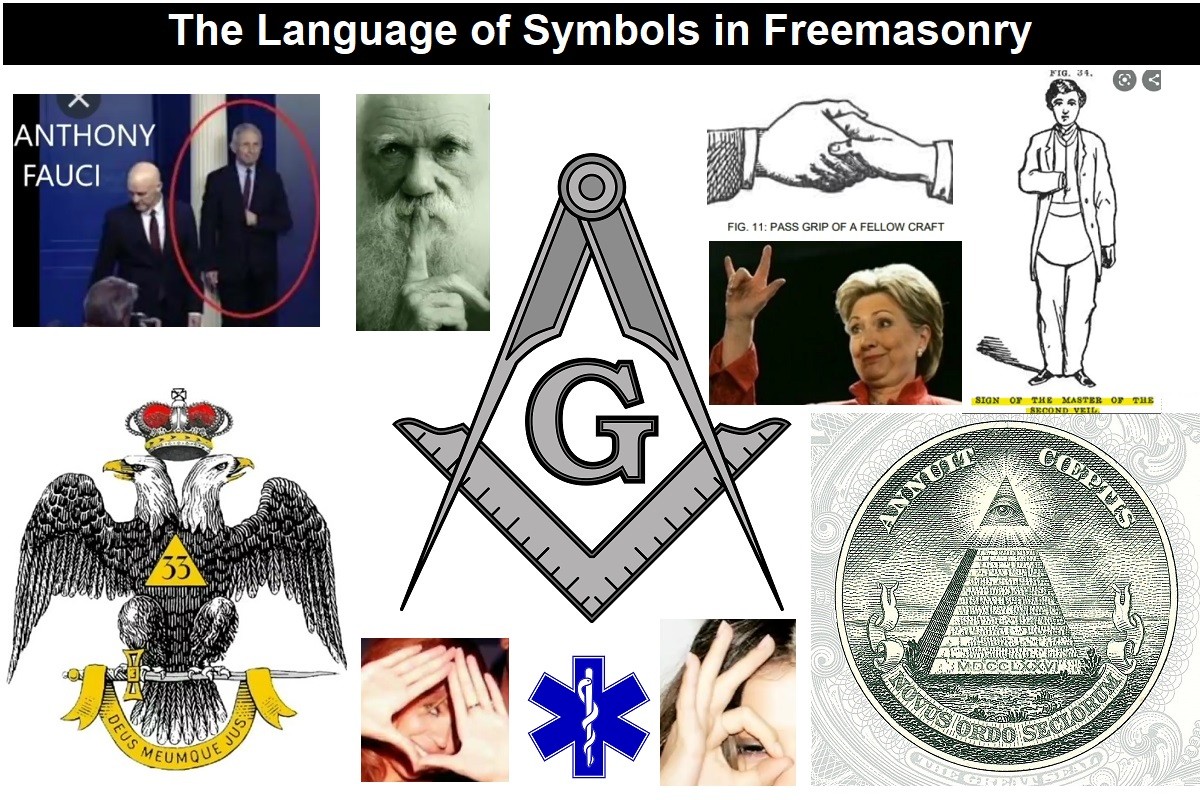
Identifying the Luciferian Globalists Implementing the New World Order – Who are the “Jews”?
The Brain Myth: Your Intellect and Thoughts Originate in Your Heart, Not Your Brain
Fact Check: “Christianity” and the Christian Religion is NOT Found in the Bible – The Person Jesus Christ Is
Was the U.S. Constitution Written to Protect “We the People” or “We the Globalists”? Were the Founding Fathers Godly Men or Servants of Satan?
The Seal and Mark of God is Far More Important than the “Mark of the Beast” – Are You Prepared for What’s Coming?
The Satanic Roots to Modern Medicine – The Mark of the Beast?
Medicine: Idolatry in the Twenty First Century – 8-Year-Old Article More Relevant Today than the Day it was Written
Having problems receiving our emails? See:
How to Beat Internet Censorship and Create Your Own Newsfeed
We Are Now on Telegram. Video channels at Bitchute, and Odysee.
If our website is seized and shut down, find us on Telegram, as well as Bitchute and Odysee for further instructions about where to find us.
If you use the TOR Onion browser, here are the links and corresponding URLs to use in the TOR browser to find us on the Dark Web: Health Impact News, Vaccine Impact, Medical Kidnap, Created4Health, CoconutOil.com.
Source link


